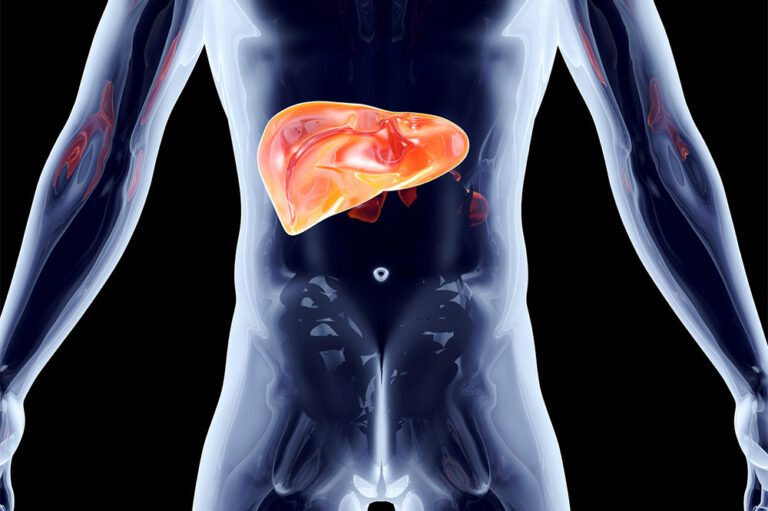
7 signs of high sugar intake that can cause health issues
Sugar can be a common part of daily meals in various forms, from desserts to hidden sugar in processed foods. While indulging in the occasional sweet treat is considered safe, excessive sugar intake can have a negative impact on health. This is why the American Heart Association recommends a daily limit of 36 grams of added sugar for men and 25 grams for women. To understand the impact of excessive sugar, here are signs to notice:
Persistent sugar cravings
When one has sugary foods, their blood sugar levels spike, providing a temporary energy boost. However, this spike is followed by a rapid drop in blood sugar, making them crave more sugar to regain that lost energy. The persistent cravings can make it challenging to control the sugar intake and contribute to overeating.
Fatigue and energy crashes
Sugar provides a quick yet short-lived boost of energy. After the initial spike, the blood sugar levels can quickly drop, causing fatigue and energy crashes. These fluctuations can make one feel lethargic and irritable, affecting daily activities and overall well-being.
Skin issues
Excess sugar intake can lead to elevated levels of insulin and insulin-like growth factor (IGF-1), which can stimulate the production of skin oils and contribute to clogged pores. Additionally, sugar can promote inflammation in the body, worsening existing skin conditions like acne.
Mood swings and irritability
The rapid fluctuations in blood sugar levels caused by excessive sugar intake can affect the mood. After the initial sugar rush, a subsequent drop in blood glucose can disrupt the balance of neurotransmitters in the brain, affecting mood regulation and causing irritability.
Increased thirst and dry mouth
High sugar intake may also lead to increased thirst and dry mouth, as excessive blood glucose makes the body eliminate more fluids through urination. To compensate for this fluid loss, one may feel persistently thirsty and experience a dry, sticky sensation in their mouth.
Tooth decay and cavities
Sugar is a primary contributor to tooth decay. When one has too much sugar, the bacteria in the mouth feed on it, producing acids that erode tooth enamel. Over time, this can cause cavities and other dental problems. Here, practicing good oral hygiene and limiting sugary snacks can help in maintaining dental health.
Brain fog
The rapid rise and fall of blood sugar levels can affect cognitive function, leading to “brain fog” that is associated with mental confusion and difficulty focusing on tasks. This can also be attributed to fatigue and energy crashes.
Health conditions linked to high sugar intake
Type 2 diabetes: High intake of sugar is a major risk factor for type 2 diabetes. Excessive blood sugar can lead to insulin resistance, a condition where the cells become less responsive to insulin’s signals. As a result, blood sugar levels remain elevated, increasing the risk of developing type 2 diabetes over time.
Cardiovascular issues: High sugar intake is linked to an increased risk of heart disease. It can increase the levels of triglycerides and LDL (bad) cholesterol and contribute to inflammation in the body. These factors are associated with a higher risk of heart disease, atherosclerosis, and coronary artery disease.
High blood pressure: Excessive sugar intake can promote inflammation and oxidative stress in the body, which can damage blood vessels and increase blood pressure. Here, reducing sugar intake is crucial for managing and lowering blood pressure, as hypertension is a risk factor for heart disease.












